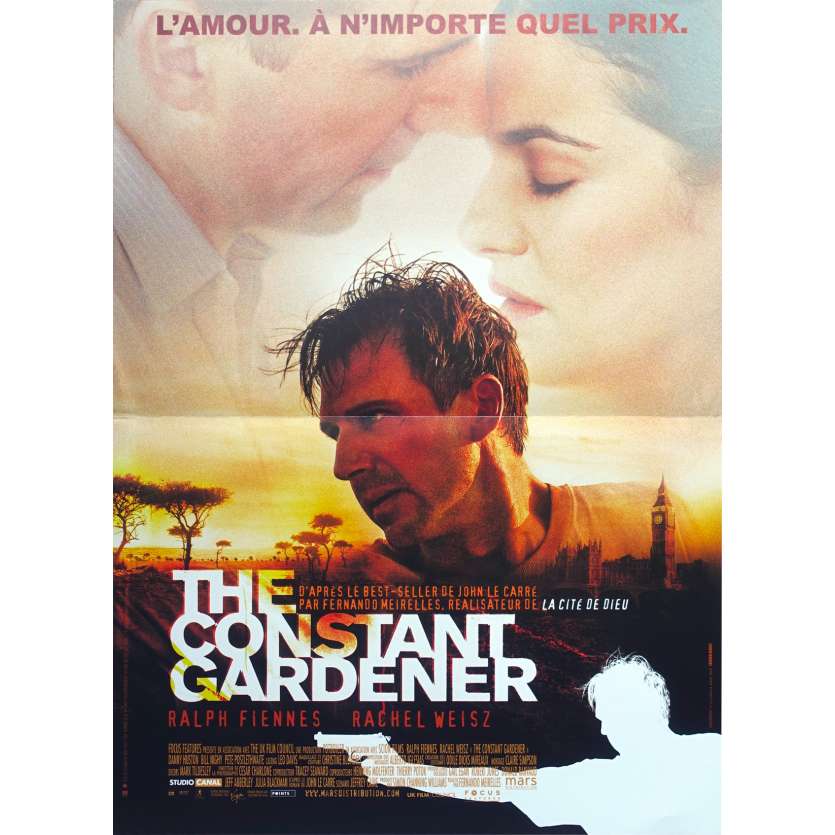
Three Bees, to prevent delaying the release of the drug and spending millions of dollars on refining the formula, covers up the deaths with the assistance of the British Foreign Office. KVH discovers that the "Dypraxa" drug is effective, but kills a higher number of people than would be acceptable. In order to get willing test subjects, KVH offers treatment for HIV at no cost. Revealed in a flashback: The company "Three Bees" develops a tuberculosis drug "Dypraxa" and has drug trials conducted in Kenya by "KVH" (Karel Vita Hudson). The film was a critical and box office success and earned four Oscar nominations, winning Best Supporting Actress for Rachel Weisz. Hubert Koundé, Danny Huston, Bill Nighy, Pete Postlethwaite, and Donald Sumpter co-star. Justin's gentle but diligent attention to his plants is a recurring background theme, from which image the film's title is derived. The DVD versions were released in the United States on 1 January 2006 and in the United Kingdom on 13 March 2006.

The plot was vaguely based on a real-life case in Kano, Nigeria. Circumstances in the area affected the cast and crew to the extent that they set up the Constant Gardener Trust in order to provide basic education for these villages. The film was filmed on location in Loiyangalani and the slums of Kibera, a section of Nairobi, Kenya. The story follows Justin Quayle ( Ralph Fiennes), a British diplomat in Kenya, as he tries to solve the murder of his wife Tessa ( Rachel Weisz), an Amnesty activist, alternating with many flashbacks telling the story of their love.

The screenplay by Jeffrey Caine is based on John le Carré's 2001 novel of the same name. The Constant Gardener is a 2005 British-German drama thriller film directed by Fernando Meirelles.


 0 kommentar(er)
0 kommentar(er)
